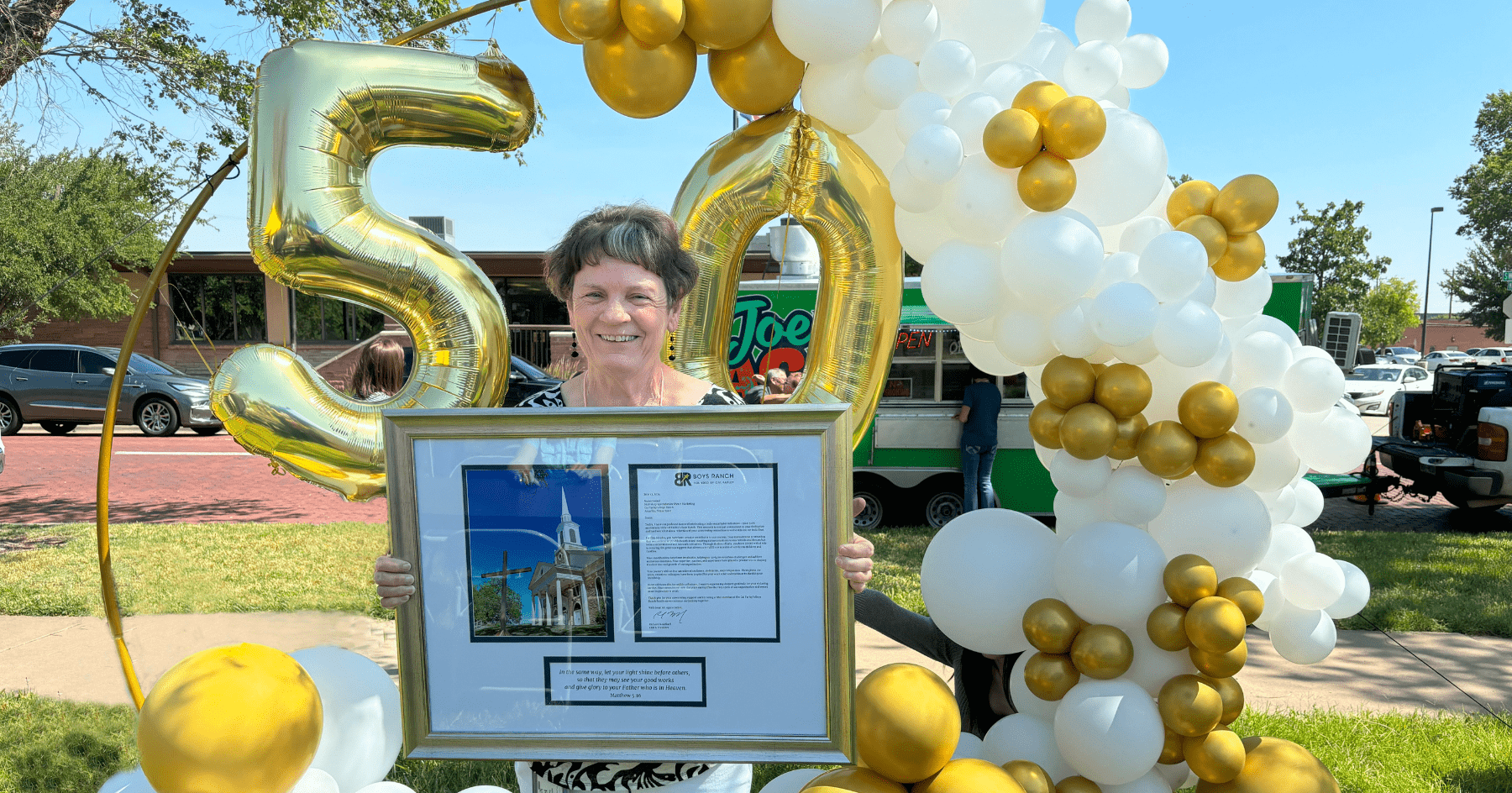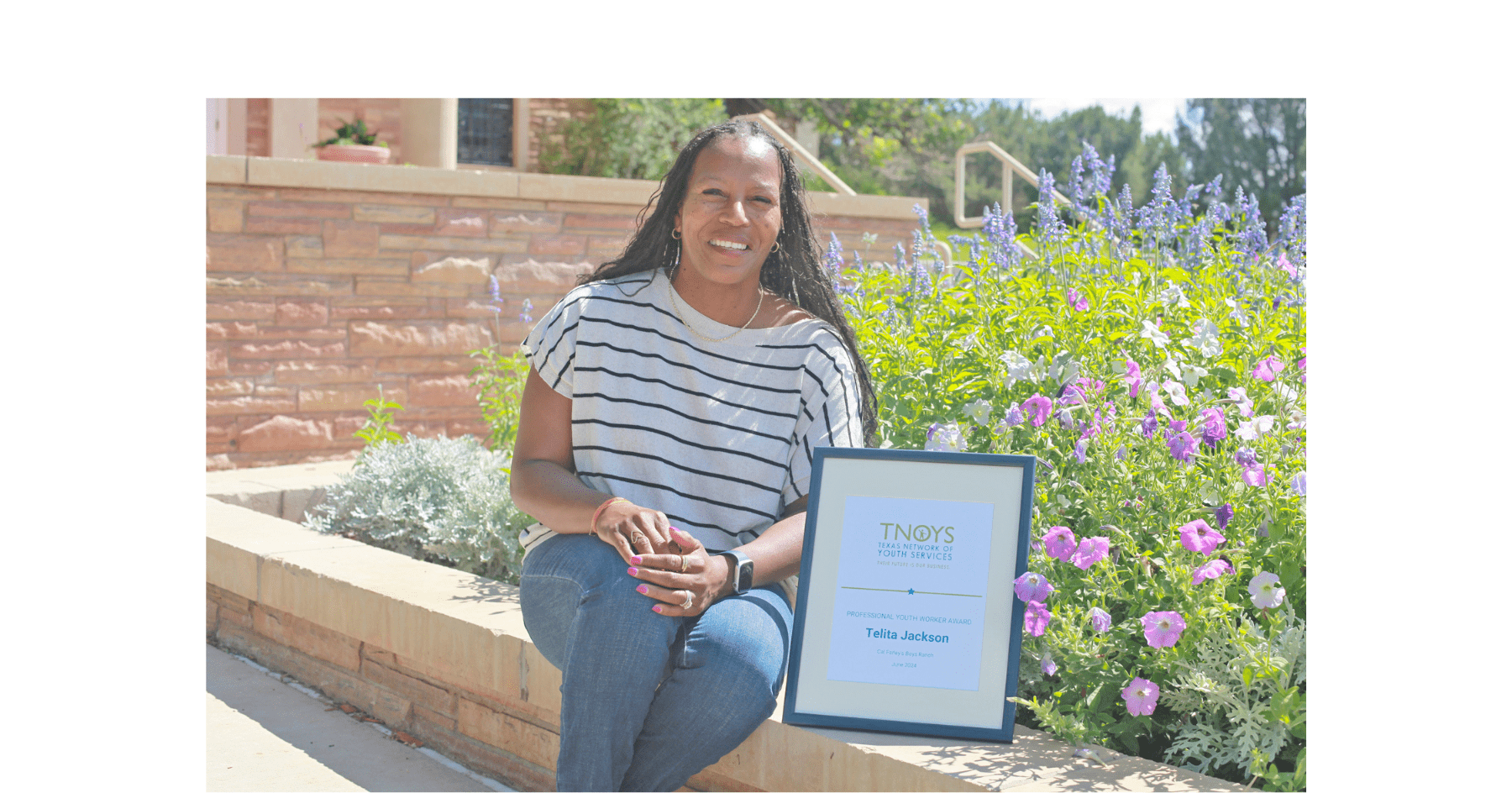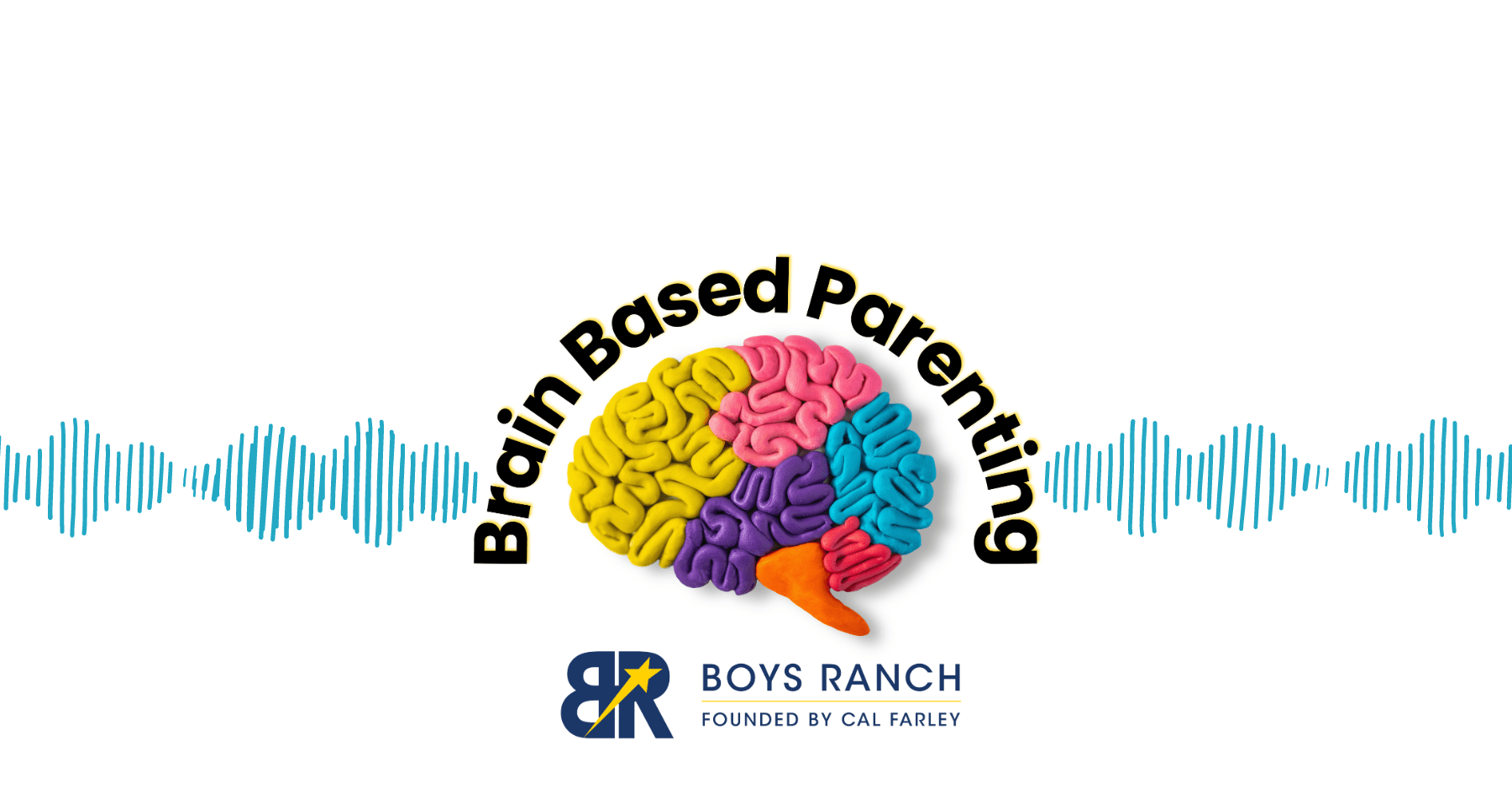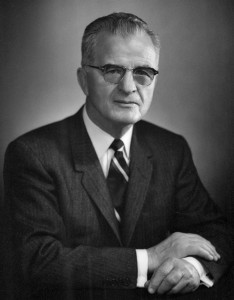Cal Farley grew up in rural Minnesota, plowing the fields of his family’s struggling farm. At age 16, he received an offer to play semiprofessional baseball, and he struck out seeking his future. World War I intervened, but by the late 1930s, Mr. Farley was playing semiprofessional baseball by day and wrestling by night in Amarillo, Texas. He was a fan favorite at the ballpark, where he would deliberately hit foul balls over the fence to children gathered there, knowing they could exchange these balls for a free ticket to the game. Mr. Farley realized some of these children were hanging around the ballpark when they should have been in school, and he soon found many of them came from broken homes where guidance, supervision and love often were missing.
Mr. Farley began looking for ways to help these children and, in the fall of 1938, Texas Panhandle rancher Julian Bivins agreed to support the cause. Bivins donated 118.62 acres of land a few dozen miles northwest of Amarillo. The following March, Mr. Farley established his boys ranch at the site, which had been home to Tascosa, a raucous pioneer town. On land that once was known for gun fights and barroom brawls, Boys Ranch residents learned the value of integrity and an honest day’s work.
The Boys Ranch population quickly grew and, in 1944, Mr. Farley sought to bolster the boys’ social education by hosting a rodeo. About one hundred people showed up, but the idea took root. Now tens of thousands attend the annual Boys Ranch Rodeo, benefitting Cal Farley’s.
On Sunday, Feb. 19, 1967, Mr. Farley greeted some of Boys Ranch’s residents and settled into a pew in the campus chapel. As the service began, he quietly passed away, surrounded by so many of the boys whose lives he’d touched.


















